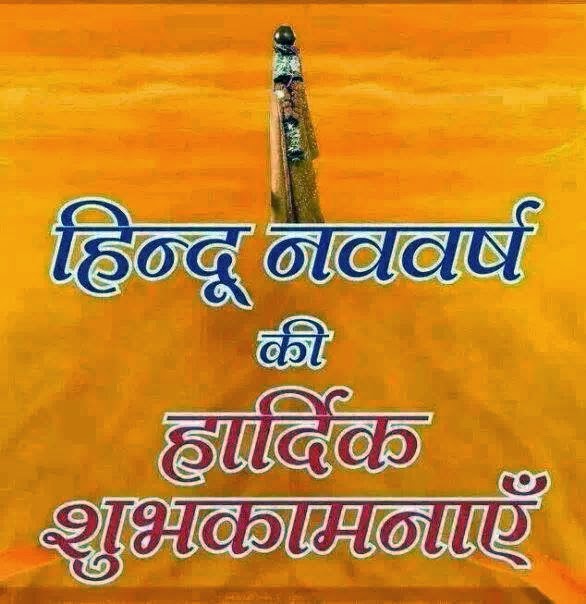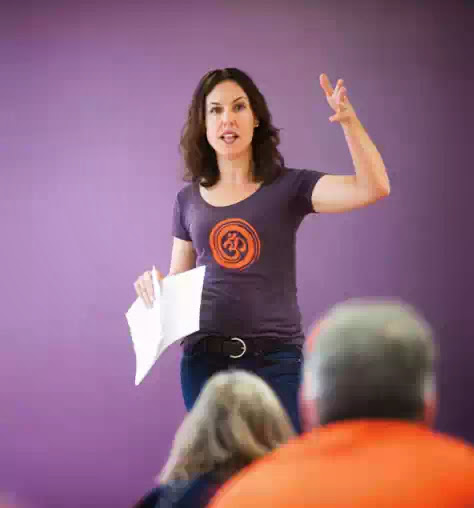* When a Dead Language Is Cutting-Edge * Marcy Braverman Goldstein ’92 makes an enterprise out of an interest she once thought “obscure.” By Karen McCally ’02 (PhD) IN DEMAND: Based in Charlotte, N.C., Goldstein takes her Sanskrit workshops on the road, to places such as Willow Street Yoga Center, in Silver Spring, Md., where she conducted “Sanskrit: The Language of Yoga in Texts, A¯sana, and KIrtan,” in November. (Photo: Adam Fenster) It’s not a typical path to entrepreneurship: a bachelor of arts in religion, followed by doctoral study of religion with training in what’s often considered a dead language to boot. But the knowledge Marcy Braverman Goldstein’92 has painstakingly acquired, and which she shares with tuition-paying college students near her home in Charlotte, N.C., is knowledge she’s discovered many other people in her community would like to have themselves. “I realized the knowledge from my educa...



